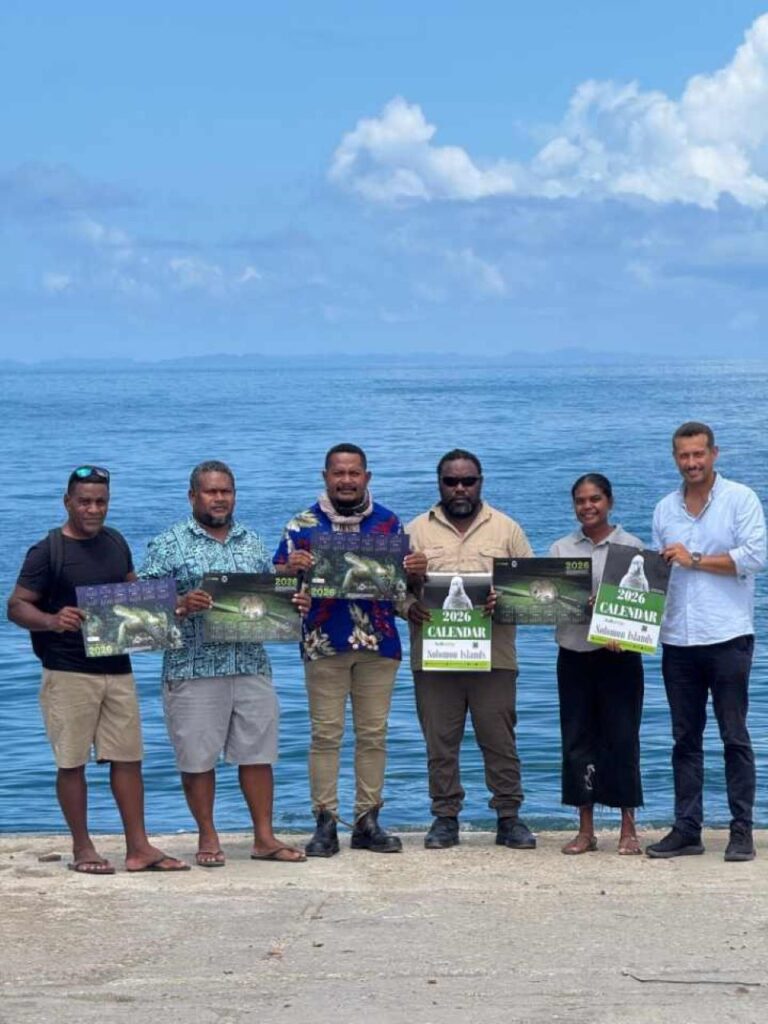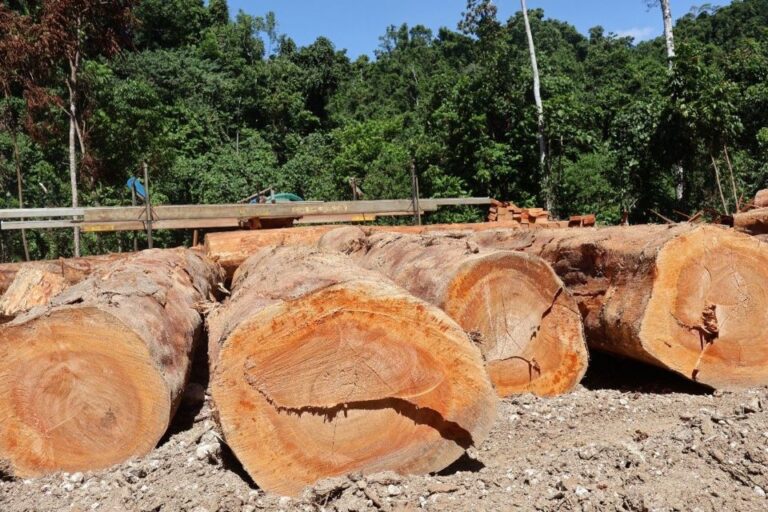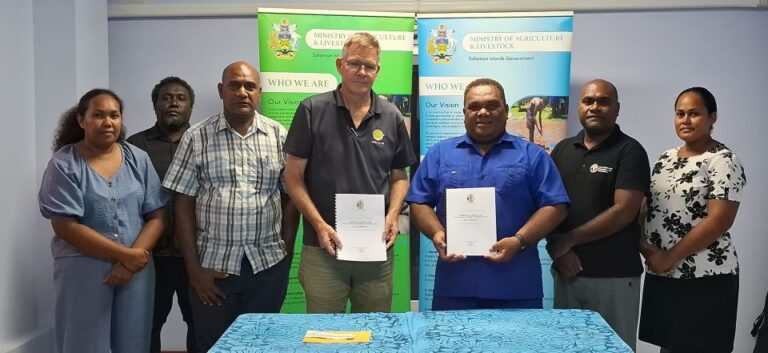BY JOHN HOUANIHAU
YOU will be amazed by the fact that there was no casualty when Tropical Cyclone Zoe, a category storm 5 hit Tikopia, Anuta, and Vanikoro in Temotu province in 2002, according to the Permanent Secretary for the Ministry of Environment, Climate Change, Disaster Management, and Meteorology, Dr. Melchior Mataki.
Speaking at the recent release of the 2022/2023 Cyclone Season Outlook on 3 November 2022, Dr. Melchior Mataki said that there were no fatalities as a result of tropical cyclone Zoe in 2002.
“There are no casualties in terms of people dying as a result of the tropical cyclone Zoe. The evidence demonstrates how well our people understand the traditional knowledge on how to predict and monitor weather and how they see the signs in terms of wind pattern, where it comes from, or the movement of water,” he stressed.
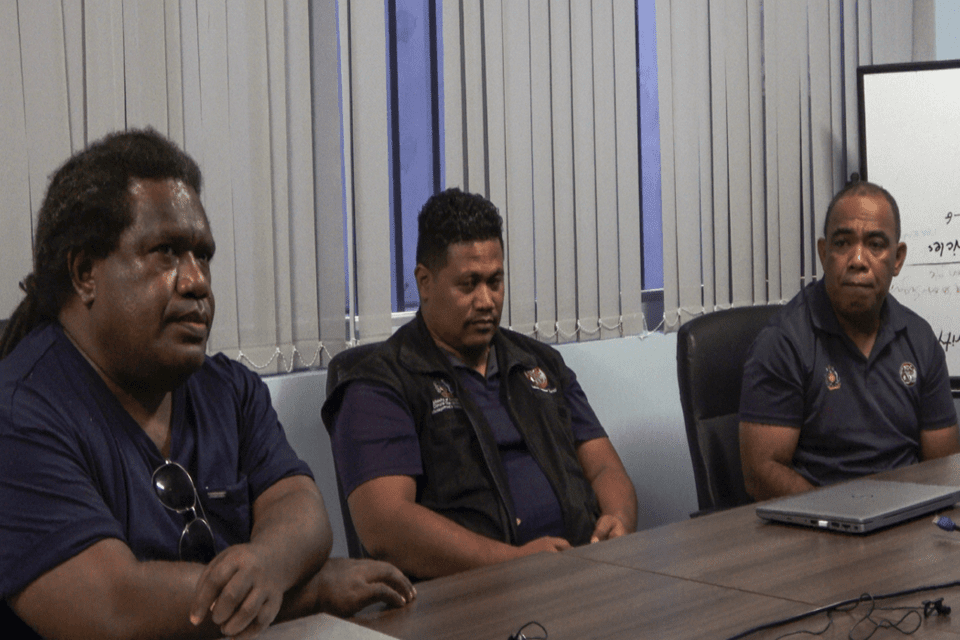
Severe Tropical Cyclone Zoe was the second-most intense tropical cyclone on record within the Southern Hemisphere and was the strongest tropical cyclone worldwide in 2002.
He said that people make critical decisions based on the signs and this is where traditional knowledge or local science played an important role to help people to cope and prepare for cyclones based on what they observed.
“Traditional knowledge is science in itself, the indigenous knowledge, the way of our knowing where our people use their knowledge to react to tropical cyclones.
“It is important to take note that the Ministry of Environment, Climate Change, Disaster Management and Meteorology (MECDM) recognizes the indigenous knowledge and signs concerning weather and is very important,” Dr. Melchior Mataki said.
Traditional Knowledge…
Meanwhile, Solomon Islands Meteorology Service Director, David Hiriasia said that they have previously rolled out a project to document the traditional knowledge about weather prediction in a few rural communities in the country.
“Recently, we conducted one in Makira province together with World Vision, and there is evidence of traditional knowledge still present. One classic example is the frigate birds. If you see them fly high in the sky it might indicate an incoming storm.
“However, these indicators might have changed due to climate change and changes in the environment.
“A few people we interviewed during our project visit to Gizo in the Western province confirmed to us that they haven’t seen these frigates anymore during and after a bad weather
“One of the things we also learned in Makira province is that if a turtle lays her eggs close to the sea where the wave usually breaks, it indicates a good season but if a turtle lays eggs further inland it indicates that bad weather is approaching and it is trying to protect its nesting.

“Nevertheless, it comes back to science, meaning there is a need for verification on these traditional signs or indicators whether it is still working today especially due to the changing climate system,” David Hiriasia said.
On a similar note, Solomon Islands Meteorological Services, Weather Forecasting Officer, Alexander Rilifia said that one traditional knowledge to monitor a tropical cyclone is during the mango season.
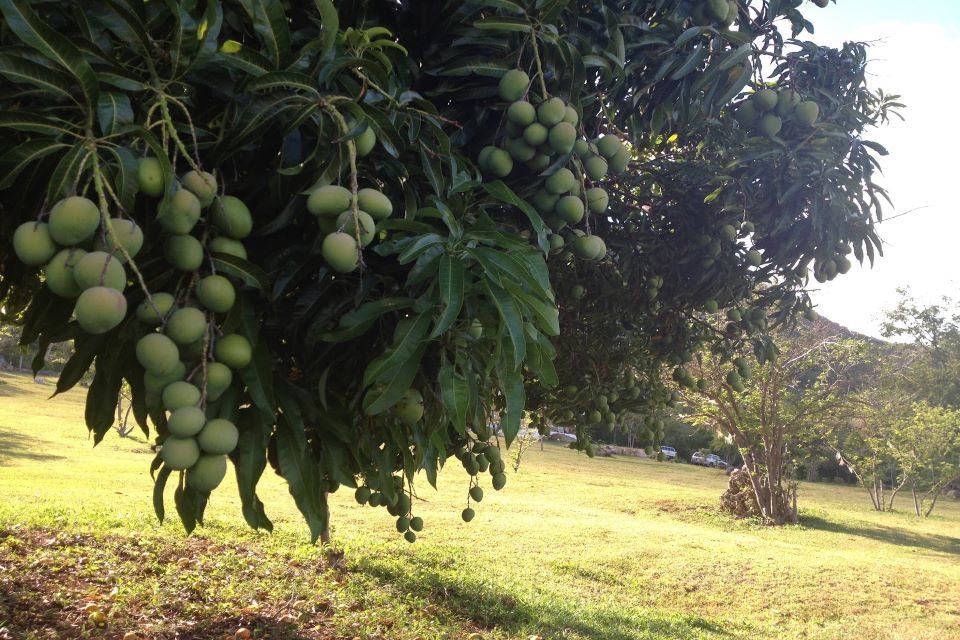
“If it’s a great mango season, it may be taken as an indicator of a possible severe cyclone season,” Rilifia said.


